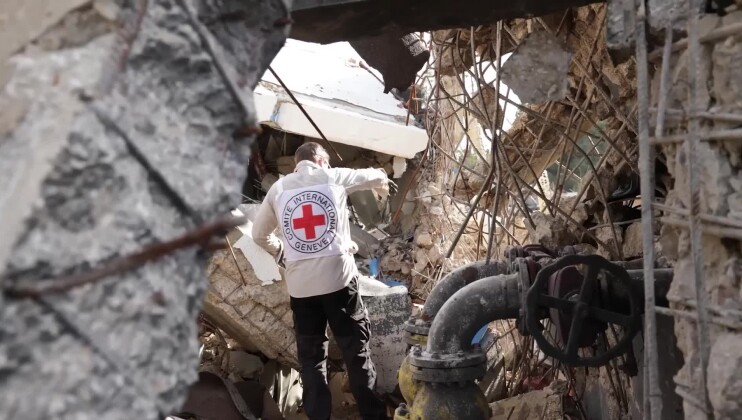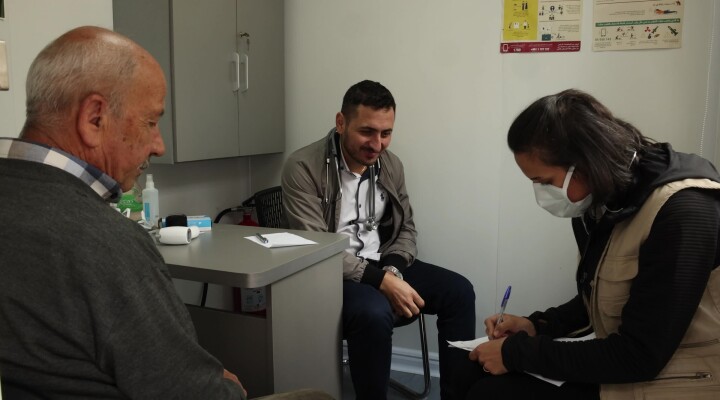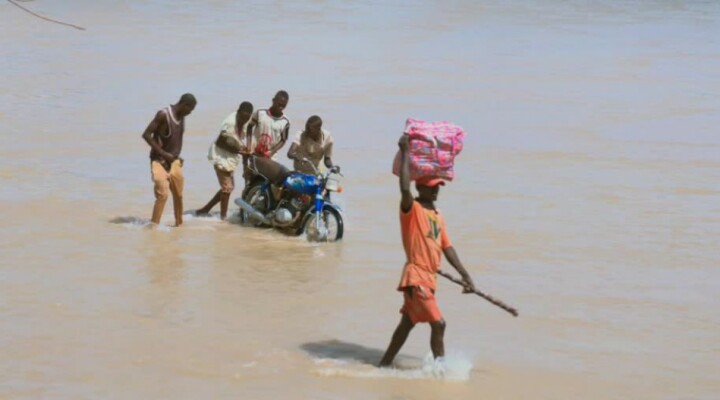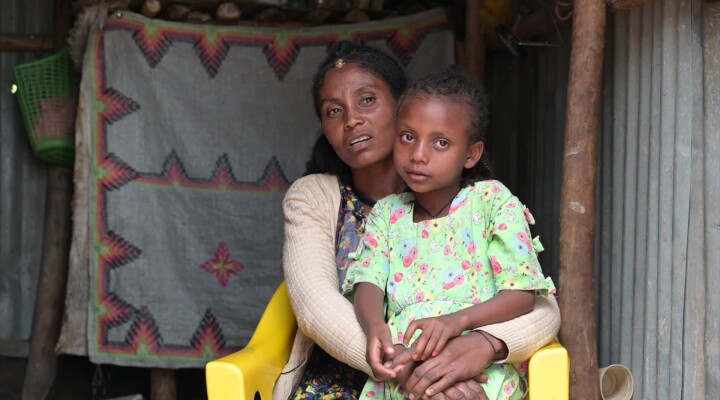Yemen: Ceasefire Cannot Come Soon Enough
The UN sponsored peace talks on Yemen have brought a small chink of hope: agreement of a ceasefire in the port city of Hodeida. It’s an important step, the first significant move towards peace in years. But for so many of Yemen’s civilians, the ceasefire may not have come soon enough. An estimated 2.2 million children in Yemen are acutely malnourished, and in recent months ICRC staff at primary health centres have seen an increase in their numbers.
No child should be brought to the brink of starvation by war, no parent should have to witness their child struggle between life and death because conflict has denied her the food she needs to survive.
“Suddenly she couldn’t move anymore,” says desperately worried Abdallah al-Awami. Abdallah who comes from Hodeida, and whose malnourished nine year old daughter Malaki is in hospital in Sana’a. “She had diarrhea, she could not control it.”
Abdallah has a picture of his beautiful daughter in better times. “She was playing, she was just fine before. Look at her, how she looked before and how she looks now!“
Yemen’s remaining hospitals are packed with such patients: for them too the ceasefire is crucial. For months dedicated medical staff, with support from the ICRC, have struggled to keep going, despite the violence, and despite massive shortages of medicines, supplies, and fuel. Al Thawrah hospital in Hodeida itself has been especially badly affected.
“This hospital was really exposed to violence and to the conflict, but so far, we’ve managed to keep it functioning,” explains Fabrizio Carboni, the ICRC’s Regional Director for the Near and Middle East . “I talked to patients, I saw it was really crowded; it’s the main general hospital in Hodeida and in the area, so it needs to stay protected and to continue to be an open hospital for the patients of the city.”
The needs in Yemen are unprecedented: 20 million of its population of 28 million are food insecure. Millions have been displaced. Aid agencies try their best, but they cannot solve this crisis. The ceasefire must allow the port of Hodeida to operate at full capacity. Ships carrying food, fuel, and medicines must have safe, unimpeded access. Those supplies must then have unimpeded access to all areas of the country.
“It is enough now” begs 16 year old Ouhoud, who is being treated in Al Thawrah. Ouhoud’s arm was shattered during fighting which also killed four members of her family. “Please let us live in our homes in peace, enough wars. Have mercy on us, have mercy on the people, and may God have mercy on you.”
No child should have to beg for mercy. Yemen’s malnourished children don’t even have the strength to beg. The warring parties need to show strength now: the strength to honour the ceasefire, and to give Yemen’s children a real chance at life.
The ICRC has repeatedly called for a political solution to the conflict in order to spare civilians any further suffering. It may be a long process to achieve stability across the country, but the ICRC hopes that a possible increase in confidence between the warring parties will lead to greater humanitarian access. The unprecedented suffering in Yemen must be alleviated.
KEY FACTS
In 2018: The ICRC distributed food and relief items to more that 567'000 Yemenis including displaced as well as host and vulnerable communities.
More than 15,000 war wounded were treated at ICRC-supported hospitals across Yemen
For further information please contact:
Mirella HODEIB, ICRC Sana'a, tel: +967 7391 64666, mhodeib@icrc.org
Sara ALZAWQARI, ICRC Beirut, tel: +961 3138 353. salzawqari@icrc.org
Follow the ICRC on facebook.com/icrc and twitter.com/icrc
SHOTLIST
Filming date: 8th to 12th December 2018
Country/Location: Aden, Sana'a, Hodeida, - Yemen
Language(s): Afabic, English
ICRC Producer: Fareed AlHomaid, Fatehi Hamid
Camerman: Multiple




